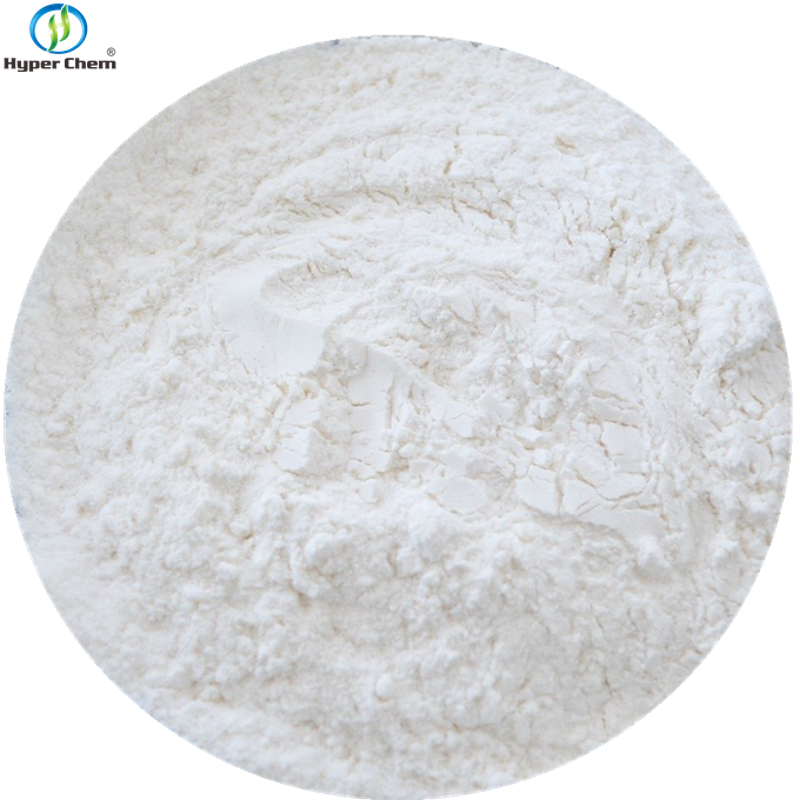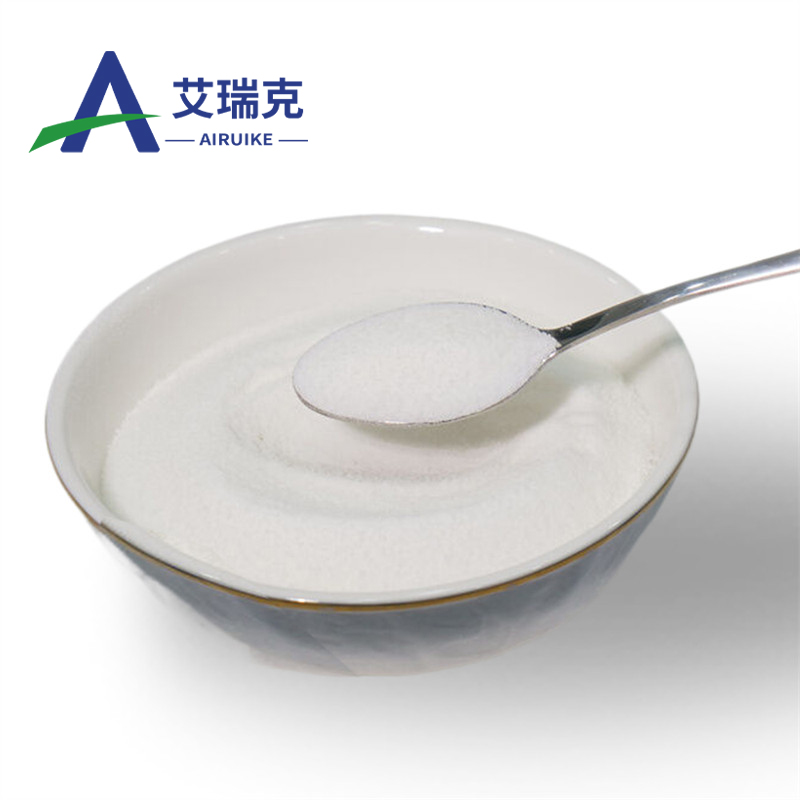-
Categories
-
Pharmaceutical Intermediates
-
Active Pharmaceutical Ingredients
-
Food Additives
- Industrial Coatings
- Agrochemicals
- Dyes and Pigments
- Surfactant
- Flavors and Fragrances
- Chemical Reagents
- Catalyst and Auxiliary
- Natural Products
- Inorganic Chemistry
-
Organic Chemistry
-
Biochemical Engineering
- Analytical Chemistry
-
Cosmetic Ingredient
- Water Treatment Chemical
-
Pharmaceutical Intermediates
Promotion
ECHEMI Mall
Wholesale
Weekly Price
Exhibition
News
-
Trade Service
Multiple sclerosis (MS) is a severe, lifelong, progressive inflammatory demyelinating disease of the central nervous system characterized by
recurrent acute relapses and remissions.
Among MS patients, 85% are initially diagnosed with relapsing-remitting MS (RRMS).
As the disease progresses, approximately 60% of RRMS patients may develop secondary progressive MS (SPMS)
within 20 years.
Progressive motor dysfunction and cognitive decline are typical features of SPMS and can seriously affect the quality of life of
patients.
Disease-modifying therapy (DMT) is the standard of care for MS remission, which can effectively reduce the annual recurrence rate, delay the natural progression of the disease and improve the prognosis
of patients.
Cenimod is the world's first oral DMT drug
that can achieve nerve repair and delay the progression of disability for progressive relapsed MS (RMS).
At present, it has been approved for marketing
in many countries/regions.
At the 38th Annual Meeting of the European Commission for Multiple Sclerosis Treatment and Research (ECTRIMS) in 2022, several new studies
on siponimod were unveiled.
The results of the study showed that siponimod could stabilize the progression of disability in patients with SPMS and had high satisfaction with treatment.
In addition, patients with progressive MS who switched to siponimod experienced improvements
in disability, cognitive function, and treatment satisfaction.
Next, let's review the highlights of this conference
.
Stable EDSS scores for 2 years in patients treated with siponimod in SPMS – an analysis from Novartis' Globally Managed Drug Supply Program
in the Extended Disability Status Scale (EDSS) scores in SPMS patients treated with siponimod in MAP.
The target population included 632 adult patients diagnosed with SPMS between March 2019 and January 2021 with an EDSS score of < 7, of whom 60% were female, with a mean age of 52.
4 years and a median baseline EDSS score of 5.
5 points
.
- The results of the study showed that 91% of the patients for whom data were available remained stable or improved
in their EDSS scores at 24 months.
EDSS scores appear to be more variable in the active group, while the non-active group tends to remain stable (Figure 1).
Figure 1 Changes in EDSS status relative to baseline over time
- Regardless of disease status at baseline, patients also had very low rates of progression as assessed as 6 months of confirmed disability progression (CDP) (Figure 2).
Fig.
2 Kaplan-Meier analysis of time to 6 months CDP based on baseline MS disease status Annual recurrence rate (ARR) remained low over 24 months (0.
023 for the overall cohort; 0.
031 for the active group; 0.
009 for the non-active group; 0.
024 for the unknown group).
Disability progression remained stable and satisfaction was high in patients with active SPMS after 12 months of treatment with siponimod – AMASIA real-world study
The AMASIA study is a long-term, non-interventionive, real-world study conducted in Germany that for the first time analyzed the long-term efficacy and safety of siponimod and its impact
on quality of life and socioeconomic status.
The AMASIA study followed 1200 patients with active SPMS treated with siponimod for 3 years, with follow-up every 6 months
.
Disability progression and treatment satisfaction
were assessed by EDSS and the Medication Satisfaction Questionnaire (TSQM), respectively.
Subgroup analyses were performed
according to age, time from diagnosis to enrollment, and intermediate-potency DMT drugs used prior to enrollment.
- The results of the study showed that EDSS remained stable
during the first 12 months of taking siponimod regardless of patient age, time from diagnosis to enrollment (Figure 3), and DMT drugs used prior to enrollment (intermediate-potency DMT therapy) (Figure 4).
Fig.
3 By patient age (≤ 50 years vs.
>50 years old) and time from diagnosis to enrollment (≤10 years vs.
EDSS scores at baseline (BL) and 12 months later (12M) were divided >10 years).
Figure 4 EDSS scores at baseline (BL) and 12 months later (12M) by type of last treatment before the study
Regardless of the previous intermediate-potency DMT treatment, "effectiveness," "convenience," and "overall satisfaction" were high on TSQM scores after 12 months of siponimod (Figure 5).
Fig.
5 TSQM scores of "effectiveness", "convenience" and "overall satisfaction" after 12 months of use of siponimod (grouped by DMT drugs used before enrollment)
Patients with progressive MS who switched to siponimod improved disability, cognitive function, and treatment satisfaction – EXCHANGE interim results
on patient-reported disease progression and cognitive function in patients with progressive RMS or a history of RMS switching from other DMTs to siponimod.
At baseline, on days 84 and 168 of the treatment period, short-term disease progression and cognitive function
were assessed using patient-confirmed disease stage (PDDS) and processing speed test (PST), respectively.
- The results of the study showed an improvement in PDDS from baseline to day 168 (Figure 6).
At baseline, 20.
3% of patients were classified as normal; By day 168, 23.
0% of patients were classified as normal
.
- In terms of cognitive processing speed, the mean PST scores on days 84 and 168 improved compared to baseline (PST scores 40.
0 at baseline; 43.
1 at day 84; 46.
0 at day 168, respectively) (Figure 7A).
Compared to baseline, the mean number of correct numbers (SD) recorded at day 84 increased by 1.
9 (14.
2) and the mean number of correct numbers (SD) recorded on day 168 increased by 5.
8 (13.
6) (Figure 7B).
in RMS patients with progression to siponimod therapy by using TSQM-9.
TSQM-9 assesses treatment satisfaction from a patient perspective, including effectiveness, convenience, and overall satisfaction
.
- The results of the study showed a numerical increase
in the average (SD) TSQM-9 score compared to a baseline in all domains.
At baseline, day 28, day 84 and day 168, the effectiveness scores were 56.
7, 68.
3, 64.
6, 65.
3, convenience scores were 69.
9, 84.
2, 84.
3 and 83.
7, and overall satisfaction scores were 52.
7, 65.
6, 65.
0, and 62.
4
, respectively. - The greatest improvement
in mean TSQM-9 scores was observed from baseline to day 28. - In all cases, the mean TSQM-9 score remained increased relative to baseline from day 28 to day 168 (Figure 8).
8 Average change in TSQM-9 score from baseline
brief summary
satisfaction with treatment.
When patients with progressive MS switched from other DMTs to siponimod, patients reported improvements
in disability, cognitive function, and treatment satisfaction.
As the world's first oral DMT drug approved for the treatment of active SPMS, cenimod has accumulated rich clinical data and experience at home and abroad, and the above several studies have further enriched the clinical evidence of siponimod and further confirmed its good efficacy and high treatment satisfaction
.
It is expected that more studies will provide reference
for optimizing treatment options and improving the quality of life of MS patients in clinical practice.
References:
1.
Virginia de las Heras, et al.
Siponimod stabilises physical disability scores in people living with secondary progressive multiple sclerosis after 2 years of treatment: Analysis from the Novartis Global Managed Access Program.
ECTRIMS 2022.
2.
Herbert Schreiber, et al.
AMASIA study: Real World Insights on Siponimod Treated Patients with Secondary Progressive Multiple Sclerosis in Germany.
ECTRIMS 2022.
3.
Robert J.
Fox, et al.
Disability Status and Cognitive Functioning in Patients with Advancing Multiple Sclerosis Switching to Siponimod: Interim Results of the EXCHANGE Study.
ECTRIMS 2022.
4.
Stanley L.
Cohan, et al.
Treatment Satisfaction With Siponimod in Patients With Advancing Relapsing Multiple Sclerosis: Interim Results of the EXCHANGE Study.
ECTRIMS 2022.
MCC No.
MAY2211286 valid for 2023-11-03, the data expires, it is considered invalid
.







